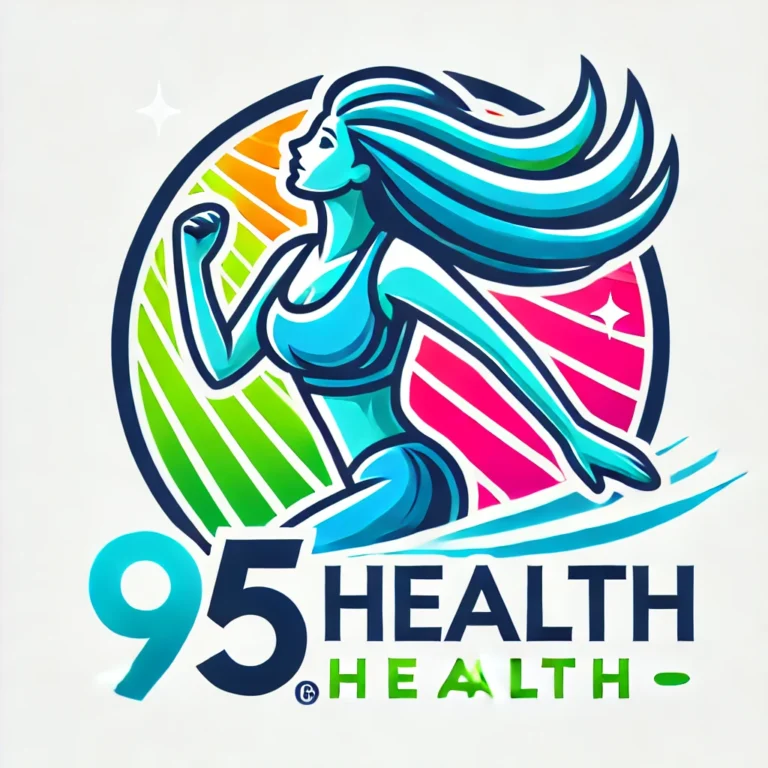Lifestyle Changes That Can Reduce Cancer Risk
Recent studies have highlighted the significant impact of lifestyle and dietary changes on cancer prevention. Adopting healthy habits can substantially lower your risk of developing cancer. Here are some key lifestyle modifications supported by research:
1. Healthy Diet
A balanced diet rich in fruits, vegetables, whole grains, and lean proteins is crucial for cancer prevention. High consumption of red and processed meats has been linked to an increased risk of colorectal cancer. On the other hand, diets high in fiber, such as those including plenty of fruits and vegetables, may help reduce this risk. Incorporating a variety of nutrient-dense foods can provide essential vitamins and antioxidants that protect cells from damage.
2. Physical Activity
Regular physical activity is associated with a lower risk of several types of cancer, including breast and colorectal cancers. Engaging in at least 150 minutes of moderate-intensity exercise or 75 minutes of vigorous activity each week can help maintain a healthy weight, improve immune function, and reduce inflammation, all of which contribute to lower cancer risk.
3. Weight Management
Maintaining a healthy weight is critical in cancer prevention. Obesity is linked to an increased risk of several cancers, including breast (postmenopausal), endometrial, and esophageal cancers. Weight management through a balanced diet and regular exercise can significantly reduce these risks. Studies have shown that even modest weight loss can have beneficial effects on cancer prevention.
4. Limiting Alcohol
Alcohol consumption is a known risk factor for various cancers, including those of the mouth, throat, liver, breast, and colon. The risk increases with the amount of alcohol consumed. It is advisable to limit alcohol intake to reduce cancer risk, with guidelines suggesting up to one drink per day for women and up to two drinks per day for men.
5. Avoiding Tobacco
Smoking is one of the leading causes of cancer and cancer-related deaths. It is linked to cancers of the lung, mouth, throat, esophagus, bladder, kidney, liver, stomach, pancreas, colon, and more. Quitting smoking and avoiding exposure to secondhand smoke can significantly reduce the risk of developing these cancers.
6. Regular Screening and Vaccinations
Regular cancer screenings can help detect cancer early when it is most treatable. Additionally, vaccinations like the HPV vaccine can prevent cancers caused by viruses, such as cervical cancer. Discuss with your healthcare provider which screenings and vaccines are appropriate for you based on your age, gender, and risk factors.
Adopting a healthy lifestyle that includes a balanced diet, regular physical activity, maintaining a healthy weight, limiting alcohol, avoiding tobacco, and undergoing regular screenings can significantly reduce your risk of cancer. These changes not only improve overall health but also contribute to a lower incidence of cancer.





